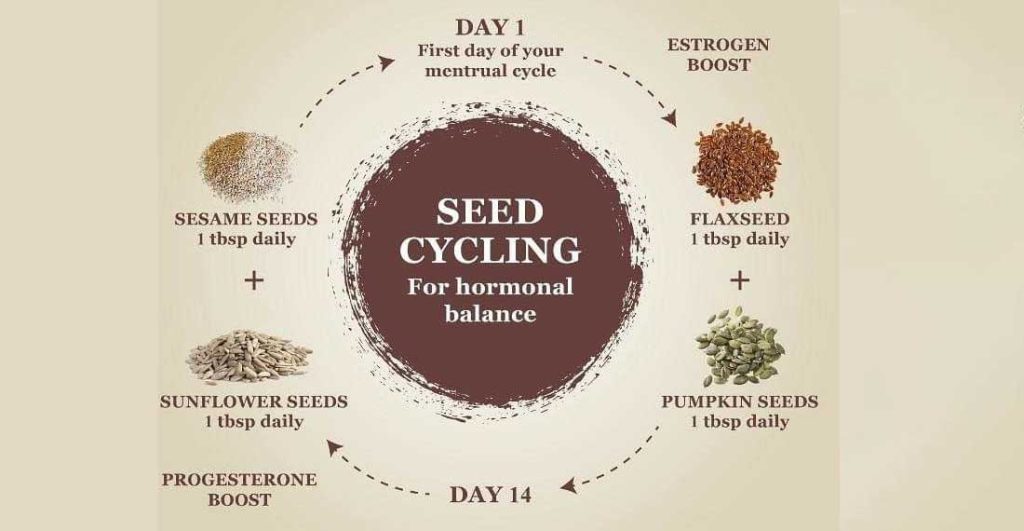
When asked, “When was the last time you saw a gynecologist?” many women might answer, “Only when I had a problem.”
While that’s a common response, this mindset can mean missing out on the benefits of early detection, preventive screenings, and overall health monitoring. As the saying goes, “Prevention is better than cure.”
Your gynecologist visit shouldn’t be a once-in-a-while event triggered only by symptoms. Instead, it should be a consistent and proactive part of your lifelong healthcare routine.
If you’ve ever typed “best gynecologist near me” into Google and then decided not to follow through—whether because you felt fine or your schedule was too busy—this article will explain why regular visits are essential for every woman’s wellness journey.
Why Routine Gynecologist Visits Are Essential
Your reproductive health affects far more than fertility — it influences your hormones, mood, energy levels, metabolism, and even long-term conditions like heart disease or osteoporosis. Gynecologists care for every stage of a woman’s health, from menstrual cycles and infections to pregnancy and menopause.
Regular check-ups help build your medical history, set a baseline for your health, and detect issues early. Whether it’s PCOS, fibroids, cervical changes, or hormonal imbalances, early detection means faster treatment, fewer complications, and better outcomes.
How Often Should You Visit?
For most women, an annual gynecological check-up is ideal. A yearly visit may include:
- Pelvic exam
- Pap smear (if needed)
- Breast exam
- Contraception counseling
- Review of symptoms, cycle changes, or concerns
These visits also build trust with your doctor, making it easier to discuss sensitive issues openly. Even without symptoms or pregnancy plans, annual visits keep you informed and in control of your reproductive health.
Age-Based Guidelines for Gynecological Care
Adolescents (13–18)
- First visit between ages 13–15
- No pelvic exam unless needed
- Menstrual cycle & hygiene guidance
- HPV vaccination
20s to Early 30s
- Regular check-ups
- Pap smears every 3 years (or as advised)
- STI screening & birth control counseling
- Breast exams & sexual health education
30s to 40s
- Pregnancy planning & prenatal guidance
- Screening for PCOS, fibroids, endometriosis
- Early mammograms (if high-risk)
- Hormonal & emotional wellness support
40s to 50s
- Perimenopause symptom management
- Mammograms & hormone tests
- Bone density screening
- Support for mood & sleep changes
50+
- Menopause care & HRT (if needed)
- Bone health monitoring
- Cancer screenings (cervical, breast, uterine)
- Sexual health & bladder function checks
When to Visit More Frequently
Some conditions require more than annual visits:
- PCOS or Endometriosis – ongoing hormone monitoring
- Uterine Fibroids or Ovarian Cysts – imaging & follow-ups
- Recurrent Infections – UTIs, yeast infections, bacterial vaginosis
- Pregnancy – regular visits as per trimester, more if high-risk
Preventive vs. Symptom-Driven Care
Many women only see a gynecologist when something feels wrong. But preventive care is equally vital. Conditions like cervical cancer, fibroids, or PCOS can develop silently. Routine tests (Pap smears, pelvic exams) catch them early — when treatment is most effective.
Even if you feel healthy, yearly visits help in:
- Tracking menstrual health
- Staying current with vaccines (HPV, etc.)
- Detecting early breast or cervical changes
- Addressing mental health concerns
No symptoms don’t mean no risk. Prevention is powerful.
Why Oxford Hospital is Home to the Best Gynecologists
When it comes to compassionate, comprehensive, and expert-led women’s healthcare, Oxford Hospital stands out as a trusted name. With a team of highly skilled gynecologists and state-of-the-art facilities, Oxford offers care that supports you through every stage of life — from adolescence to post-menopause.
What Makes Oxford Hospital Exceptional?
- Advanced Diagnostics & Screening – Modern tools for accurate, timely detection
- Specialized Expertise – OB-GYNs with experience in fertility, high-risk pregnancies, and menopause management
- Holistic Support – Access to nutritionists, fetal medicine specialists, and lactation consultants under one roof
- Whether it’s your first pregnancy check-up, managing menstrual discomfort, or seeking menopause care, Oxford Hospital blends medical excellence with a warm, understanding approach.
Why Regular Visits Matter
- Your reproductive health is not a luxury — it’s essential. Proactive check-ups help detect issues early, improve treatment outcomes, and give you peace of mind. Don’t wait for symptoms to appear.
- Next time you search for “best gynecologist near me”, choose Oxford Hospital — where your health, comfort, and confidence always come first.


